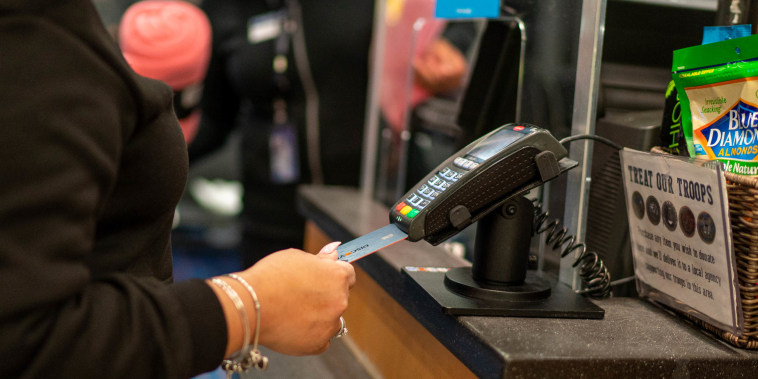Recent data indicates a significant increase in average credit card balances, as they hit a record $6,360, an uptick of 10% from previous figures. This surge comes as a larger number of consumers are grappling with overdue payments, giving insights into the existing economic hurdles facing many households and their financial management strategies.
Credit cards, as an important element of a consumer’s financial portfolio, provide a critical barometer of their economic health. The observed 10% hike signifies not just an uptick in spending, but also indicates that a higher number of people are using credit to meet their financial obligations. This can be attributed to several factors.
Firstly, rising costs of living coupled with stagnant wage growth has caused a pinch in consumers’ budgets. The soaring costs of essential services and goods force consumers to rely more heavily on credit cards, thereby leading to an increase in the average credit card balance.
Secondly, the impact of the COVID-19 pandemic cannot be overlooked. The pandemic has led to widespread job losses and economic uncertainty. With less disposable income and a bleak job market, households may be resorting to credit to pay for everyday expenses, leading to a jump in average balances.
Also, it is noteworthy to mention that credit cards are often the first line of credit that consumers turn to during financial hardships. Credit cards can provide a lifeline for cash-strapped consumers, given their accessibility and the ability to draw on credit immediately. However, the downside is the high interest rates associated with credit cards, which can significantly increase debt levels if balances are not paid off in full each month.
The data further revealed more consumers falling behind on payments. Past-due credit card accounts represent another dimension of the financial stress households are dealing with. As the balances increase, it may become more challenging for some consumers to keep up with their payments, leading to a rise in delinquencies.
Delayed or missed payments not only affect the credit scores of consumers but lead to late penalties and higher interest in the future. This, in turn, causes a cascading effect that further exacerbates financial stress in the long run.
To adequately address this issue, banks and credit card companies must offer support through various means such as flexible repayment options, reducing interest rates, or providing education on credit card management. Government interventions and social supports can also play a significant role in alleviating strain on households.
While this 10% increase signifies a concerning trend, it is also an opportunity to focus on encouraging






























